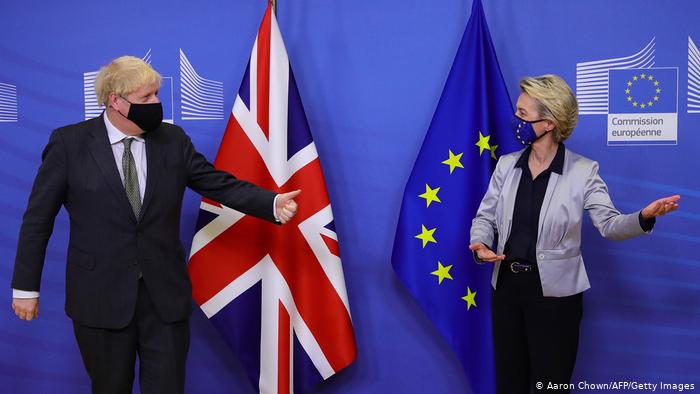
The UK Office of National Statistics estimated that there are 20,000 Gambians in the UK, but a recent study by PKF calculated that there are 36,279 Gambia-born migrants living in the UK in 2020. Among these Gambians are groups who are likely going to be affected by new migration laws, analysts say.
When it comes to Gambians in the UK, the undocumented migrants have always been affected, but new policy will impact on those who entered the UK through third countries, especially from Italy and Spain.
These groups of Gambians moved to the UK with families and a significant number of them are living in Leeds, Birmingham, Leicester, Bradford, Manchester and Nottingham.
“A key reason for their movement to the UK had been the 2008 economic downturns that rendered many of them jobless in Europe…the UK was seen as more promising for them than the EU. In the UK, they enjoy housing and unemployment benefits and universal benefits for children,” said a Gambian journalist and migration campaigner in the UK.
One of the main reasons driving the British government’s need to have less migrants come illegally to the UK is the costs they incur through asylum applications, estimated at £1billion.
Arguments of the government of Boris Johnson for a post-Brexit UK are that it is now free from the restrictions of the European legislation. Hence this new policy paper refers also to the fact that one unaccompanied minors in the UK cost £46,000 per year, bearing in mind that the average salary in the UK is Pound £36,000.
The aim of the policy paper, however, is to make the asylum system fairer: “The system should be based on need, not on the ability to pay people smugglers,” the Home Office argued.
“The rapid intake of asylum claims into the outdated system has outstripped any ability to make asylum decisions quickly, for the courts to process appeals quickly or for the Government to enforce removal of those with no right to remain in the UK,” the policy paper argues.
The Guardian on Friday 21st May published a piece, “UK like an ‘enemy state’ to EU nationals detained by Border Force”, decrying how “… Home Office border staff meet legitimate visitors and workers with suspicion”.
Hilary Benn, a Labour MP and the former chair of the now-disbanded Commons Brexit select committee, said new cases of harassment by border police raise concerns about what is in store for the 4.9 million EU citizens who have already been granted settled or pre-settled status, especially as they start to return from visits to their countries of birth when Covid restrictions are lifted.
In the said piece, EU citizens living and working in the UK have revealed how they are being met with suspicion and threats that they will be refused entry at the UK border for the first time in their lives, fuelling fresh fears that Border Force officials have not been trained in the new Brexit rules.
“It’s worrying to hear of these incidents happening. The Home Office needs to make sure that all Border Force staff are fully trained in applying the new rules,” he was quoted as saying.
Asylum applications in December 2019 have been nearly as high as 2015. This rings the alarm bells in Westminster, thanks to a common immigration policy of the EU. Now a post-Brexit UK is allowed to pursue their own interests more efficiently and speedily.
“The current success in the vaccination against Covid-19 where the UK is outperforming the EU by far, is for the Brexiters, to prove that they were right,” our expert migration analyst at the European Council on Refugees and Exiles in the EU, who spoke under anonymity, explained.
Colin Yeo, an immigration barrister and author of the Free Movement blog, is also quoted in The Guardian: “This is just how borders work and this has been happening to everyone else from outside the EU and is now just being applied to EU citizens. The whole point of free movement was to remove friction at the border. To deliberately reintroduce it was bound to have consequences.”
Another proof could be the question of Migration and Return, according to our expert: “The EU is moving in a snail pace to reform their Dublin-System, which regulates the asylum process in Europe. But the interests are so divergent in Europe that even under the German Presidency last year, no tangible progress was made.
“Too many countries benefit from the status quo and those who want change are in the minority,” the source at the ECRA explained.
“Therefore, migrants who arrive through illegal means shall have no access to the asylum procedure. On the other hand, the UK wants to resettle more people and also introduce the possibility to apply for asylum outside of the UK,” he further explained.
Critics would say that the policy is driven by the ambition to reduce illegal migration significantly and increase the return of people who have no right to stay in the UK.





